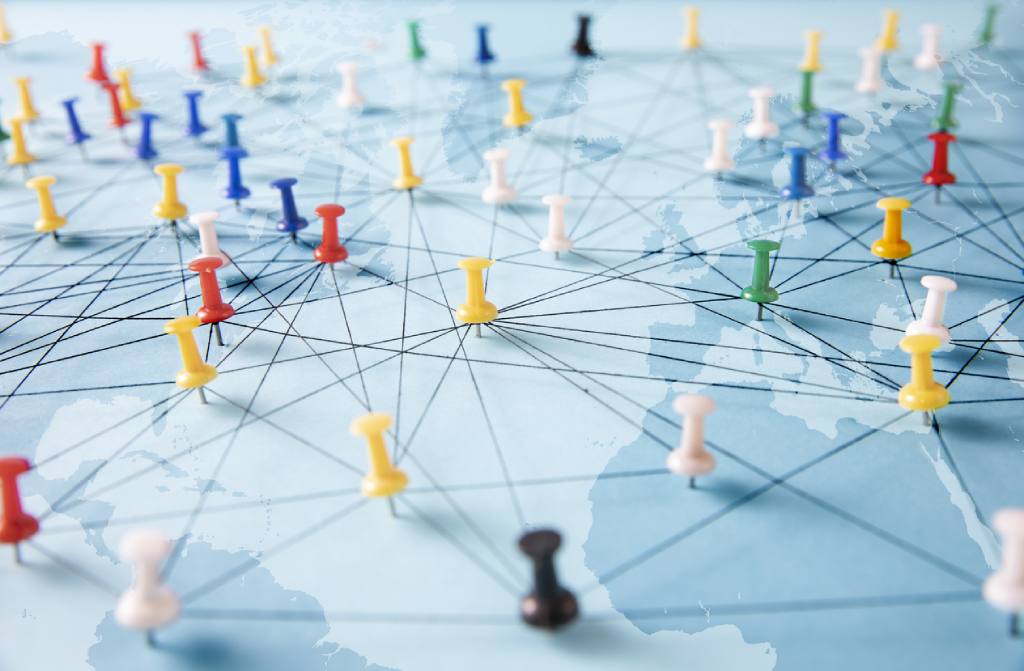
IESE Insight
Globalization strategy to deal with backlash, Brump and more
The New Global Roadmap by Pankaj Ghemawat wastes no time taking on Brexit and Trump. With updated research, the author sets out his enduring strategies for global growth — with added measures to deal head on with the current anger directed at globalization.
The twin shocks of Brexit and the election of President Trump have not killed globalization, or even put it in reverse — at least not yet.
That's the good news from the 2018 book by Pankaj Ghemawat, The New Global Roadmap: Enduring Strategies for Turbulent Times. The bad news is that global business has perception problems and anger to deal with on top of the usual competitive concerns. But moving forward, these can be managed by understanding and applying two enduring laws of globalization and related strategies, as outlined in the book.
Brump, its Causes and Effects
Brexit and Trump are shortened to "Brump" in these pages. Post-Brump, the headlines may shout "Globalization Is Dead!" but its march quietly continues. In fact, Ghemawat cites some preliminary data from his next biennial DHL Global Connectedness Index that shows globalization continuing to grow, albeit not as quickly as before. "Data across all components of the DHL Global Connectedness Index isn't available yet, but [together it] will probably reinforce the conclusion that neither 'Leave' nor 'America First' has managed to stop globalization, let alone throw it into reverse," he writes.
Still, the anger that made Brump possible is real — anger at globalization, for one thing. But is the anger justified by verifiable facts? Ghemawat's research indicates that at least some of the problems often blamed on globalization really have primarily domestic root causes. Consider the popular idea that globalization caused the current extremes of income inequality. Ghemawat asks, "If the Netherlands can preserve a relatively reasonable income distribution despite having a trade-to-GDP ratio six times that of the United States, how can we blame the much higher level of inequality in the U.S. economy on globalization?"
To counter misperceptions about globalization and its harms, Ghemawat suggests arming ourselves with accurate facts, education, and even working to fix distributional issues when possible. That may mean looking at how firm salaries are structured and more. (Those are three of a six-point program identified as "FRIEND" in the book.)
Taking the Broader View
"For businesses to respond and contribute better to society, they must begin to recognize some of the problems that underpin the backlash against both globalization and big business," Ghemawat writes.
Tackling these timely "nonmarket issues" and more, this book is structured in two parts. Part One maps globalization to explain what is — and what isn't — changing, with some numbers and maps to illustrate. Part Two offers strategies for managing globalization — including how to compete, where to compete, how to connect and the aforementioned nonmarket issues — i.e., "anger and its management."
Resist the Yo-Yoing: The Case of Coca-Cola
In the opening pages, Ghemawat refers to Coca-Cola's global journey to demonstrate the dangers of "the globalization yo-yo effect." Yes, even one of the world's most recognized brands has had problems with its globalization strategy in the past.
Until the 1980s, Coca-Cola's country managers were given wide berth. As one former CEO explained (as quoted in the book), there were only two rules: "You can't change the formula and you can't steal the money." But then came centralization and standardization; HQ was staffed up, taking decision-making away from the field.
Entering the 21st century, a new motto took hold: "think local, act local." Along with downsizing HQ in 2000, decision-making went back to the field. Yet the decentralized approach hurt the quality of marketing and scale economies suffered. A few years later, after results lagged expectations and it became clear another change was needed, Cola-Cola's then-CEO partially recentralized, but with a more nuanced approach.
In retrospect, Coca-Cola wasted substantial resources by yo-yoing between fairly extreme views of how to handle globalization. One aim of Ghemawat's latest book is to warn readers not to fall prey to the overhyped swings of globalization. Remember that we are still in a state of semiglobalization and what you previously knew about the benefits of globalization still holds true.
